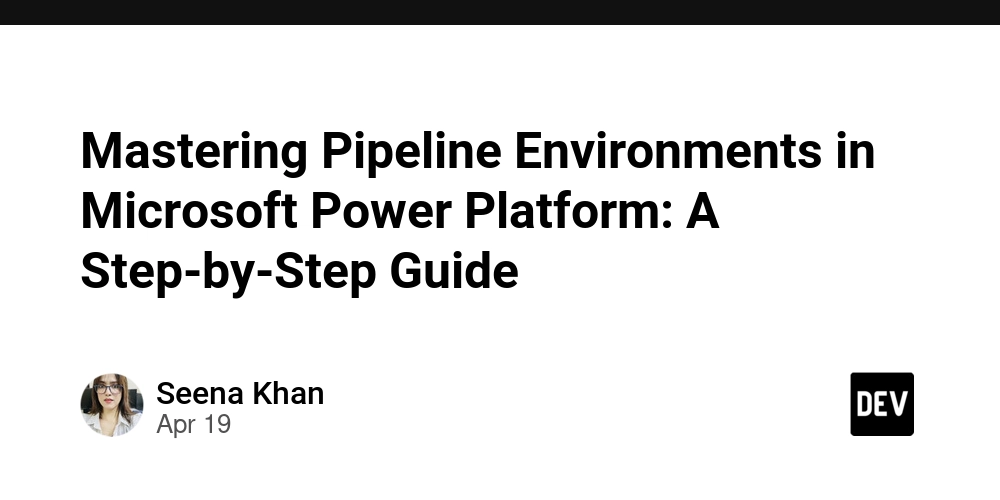Facebook considered ad-free subscriptions after the Cambridge Analytica scandal
After the Cambridge Analytica data scandal broke in 2018, things got bad enough for Meta (then Facebook) that Mark Zuckerberg had to face Congress to try to explain what had happened. The focus on how much data Facebook had on everyone, including “shadow profiles” for non-Facebook users, was enough to shake financial markets and, eventually, […]


After the Cambridge Analytica data scandal broke in 2018, things got bad enough for Meta (then Facebook) that Mark Zuckerberg had to face Congress to try to explain what had happened. The focus on how much data Facebook had on everyone, including “shadow profiles” for non-Facebook users, was enough to shake financial markets and, eventually, prompt a public apology tour from Mark Zuckerberg.
Now we’ve learned from a slide presented today at FTC v. Meta during former COO Sheryl Sandberg’s testimony that the company’s board of directors considered offering ad-free Facebook subscriptions as part of its response to the backlash. With users realizing that the company’s “free” services were paid for by their own data, maybe offering a way to pay for more privacy could change the narrative.
The Proposed Product and Goal bullet points:
- Paid monthly subscription offering that allows users to experience Facebook (and potentially our other apps) without ads.
- Goal: Provide an advertising ‘opt out’ and address the meme: ‘if you are not paying for a service, you are the product.’
Instead of launching the subscription, the company outlined plans to reduce the amount of data it made available to outside developers. Meta eventually launched an ad-free subscription option in 2023, but only in the European Union. The “pay or consent” model has still drawn criticism from regulators over Meta’s implementation, and last November, it cut the price of the subscription by 40 percent.




























![[Webinar] AI Is Already Inside Your SaaS Stack — Learn How to Prevent the Next Silent Breach](https://blogger.googleusercontent.com/img/b/R29vZ2xl/AVvXsEiOWn65wd33dg2uO99NrtKbpYLfcepwOLidQDMls0HXKlA91k6HURluRA4WXgJRAZldEe1VReMQZyyYt1PgnoAn5JPpILsWlXIzmrBSs_TBoyPwO7hZrWouBg2-O3mdeoeSGY-l9_bsZB7vbpKjTSvG93zNytjxgTaMPqo9iq9Z5pGa05CJOs9uXpwHFT4/s1600/ai-cyber.jpg?#)














































































































































![[The AI Show Episode 144]: ChatGPT’s New Memory, Shopify CEO’s Leaked “AI First” Memo, Google Cloud Next Releases, o3 and o4-mini Coming Soon & Llama 4’s Rocky Launch](https://www.marketingaiinstitute.com/hubfs/ep%20144%20cover.png)




































































































































































































![Rogue Company Elite tier list of best characters [April 2025]](https://media.pocketgamer.com/artwork/na-33136-1657102075/rogue-company-ios-android-tier-cover.jpg?#)








































































_Andreas_Prott_Alamy.jpg?width=1280&auto=webp&quality=80&disable=upscale#)



























































































![What’s new in Android’s April 2025 Google System Updates [U: 4/18]](https://i0.wp.com/9to5google.com/wp-content/uploads/sites/4/2025/01/google-play-services-3.jpg?resize=1200%2C628&quality=82&strip=all&ssl=1)










![Apple Watch Series 10 Back On Sale for $299! [Lowest Price Ever]](https://www.iclarified.com/images/news/96657/96657/96657-640.jpg)
![EU Postpones Apple App Store Fines Amid Tariff Negotiations [Report]](https://www.iclarified.com/images/news/97068/97068/97068-640.jpg)
![Apple Slips to Fifth in China's Smartphone Market with 9% Decline [Report]](https://www.iclarified.com/images/news/97065/97065/97065-640.jpg)



































































































































